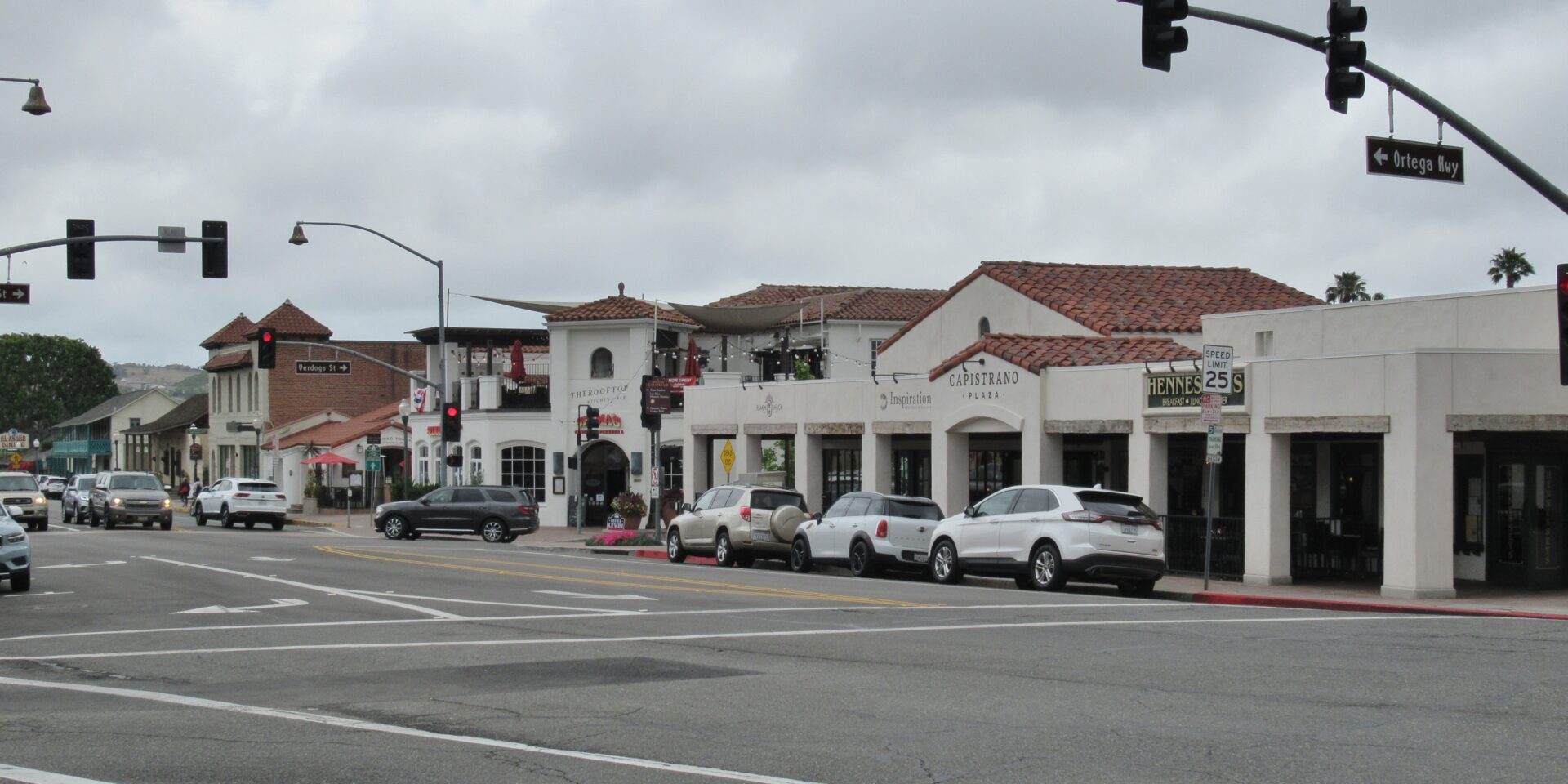A proposed battery storage facility near the San Juan Capistrano to Laguna Niguel border prompted the South Orange County Community College District (SOCCCD) to terminate a $750,000 student grant agreement after residents and elected officials warned that the funding was connected to a highly controversial energy project they claim poses significant wildfire and safety risks. The board’s unanimous reversal occurred on Oct. 20, after learning the grant had been submitted to state regulators as part of the applicant’s California Energy Commission (CEC) filing under Assembly Bill (AB)-205, which permits the state to bypass city rulings and provide approval.
The dispute over the proposed battery energy storage system has been building for several years, starting when Compass Energy Storage first approached San Juan Capistrano with plans to build a 250-megawatt lithium-iron-phosphate battery facility on 13 acres of Saddleback Church land.
Such storage facilities, known as Battery Energy Storage Systems (BESS), are considered a step forward toward clean energy solutions. Acting as “large rechargeable batteries, capable of capturing excess energy generated during low-demand periods and releasing it when demand spikes,” they are critical for balancing out the intermittency of renewables: solar power drops at night, and wind is unpredictable. By replacing short-term natural gas plants, batteries cut emissions and operational costs.
However, at a 10-hour CEC meeting in May 2025, dozens of speakers raised alarms about wildfire danger, evacuation challenges and landslide-prone topography related to the site’s location between the I-5 freeway and densely populated neighborhoods. San Juan Capistrano Mayor Troy Bourne emphasized his disapproval of the inappropriate location of the proposed BESS facility.
“We have to recognize that we’re rolling that 1% dice again and again, and there has to be some common sense recognition that there is some meaningful, appreciable probability that there will be an inflammation event at this site,” Bourne said at the meeting.
Until recently, SOCCCD trustees were not involved in the debate, but AB-205 requires applicants to present community benefit agreements as part of their CEC filings.
With no discussion, trustees approved the $750,000 grant on April 28. Once residents learned of the agreement, public commenters and elected officials urged the district to reject all association with the proposed project, arguing that the partnership seemed to lend indirect support to a facility that many view as a threat to community safety.
The board voted 7–0 to terminate the agreement on Oct. 20.
Chancellor Julianna M. Barnes said the board misunderstood the implications of the agreement, calling the error “legally significant” under Civil Code 1689.
Compass Energy strongly disputes the district’s claims of misunderstanding, arguing in an Oct. 20 letter that trustees knowingly approved the agreement as a required community benefit contract.
“Terminating now, before the CEC’s review concludes, prematurely forfeits $750,000 in student scholarships — a shortsighted move that achieves nothing but harm to educational opportunities,” Renee L. Robin, director of planning and permitting at Compass Energy’s parent company Engie, said in the letter.
The letter asserts that public records show the district was fully aware the grant would be used in the company’s CEC application, warning that the rescission could subject the college district to legal liability. Trustee T.J. Prendergast noted that legal counsel had already cautioned the board about potential litigation from Engie.
“If I had known that a grant for scholarships — or just a routine grant on the agenda — was tied to an energy project opposed by our community, our K-12 district and our taxpayers, I would never have voted for it,” board member Marcia Milchiker said. “Turning down a grant is not easy, but our college’s good name is worth far more than a grant, and we’ll make up those funds for our students.”
Anika Denny is a News Staff Writer. She can be reached at adenny1@uci.edu.
Edited by Annabelle Aguirre

